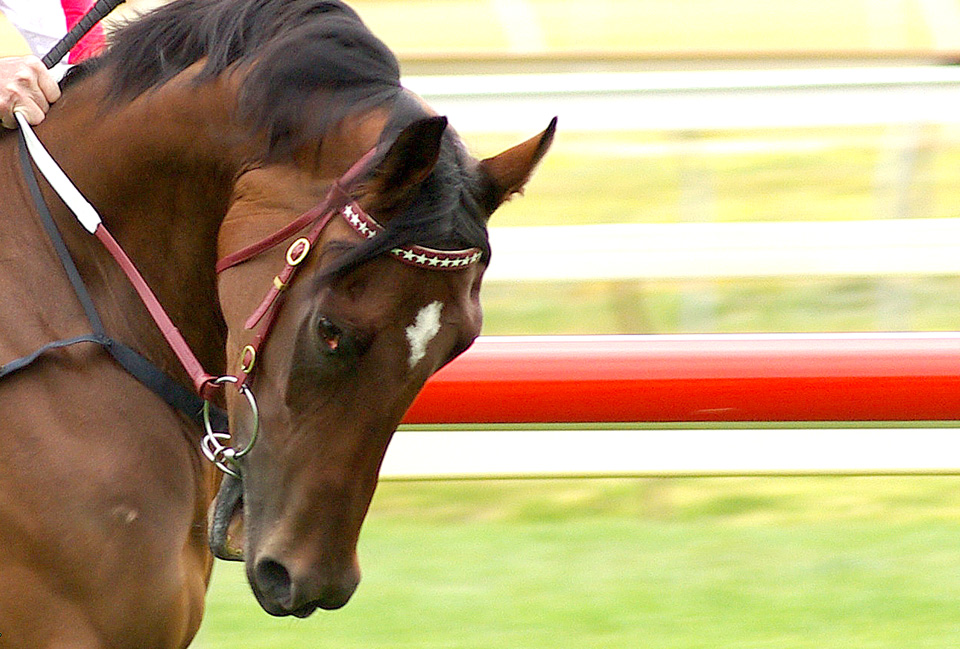Thoroughbred Welfare and Sustainability at Minding Animals 3
Posted on December 31st, 2014
In only 13 days, I will be travelling to Delhi to present a paper at MAC3, the Minding Animals Conference 2015, titled Thoroughbred racing and the sustainability of welfare concepts.
For most of its existence, the thoroughbred racing industry has taken the thoroughbreds and the public for granted. Thoroughbreds die on racetracks and in training and death is accepted as part of the business model of thoroughbred racing. As veteran Australian horse trainer O’Connor states in 2014:
We lose one occasionally, that’s a fact and it can’t be helped. They lose the occasional horse on the flat.
Racing Victoria (2010) is known to have set key performance indicators in the past that included an acceptable death rate for jumps racing. Apart from death, thoroughbreds are exposed to a great number of other serious welfare issues which are an inherent part of training and racing in competition.
The industry claims commitment to welfare but fails to convince in light of recent undercover investigations (NYT 2012), ongoing controversy, reviews and hearings. Social acceptance of certain uses of animals and abusive ways of animal treatment and handling are waning. Accordingly, horse welfare in thoroughbred racing has been identified as a growing concern for the public so much so that it is considered a reason contributing to its decline (The Jockey Club 2011 pdf).
Some racing jurisdictions have moved beyond the stage of seeing the protection of thoroughbreds as part of an extremist agenda. Voices from within the racing industry call for a culture change. Weisbord (2014) puts the urgency for the industry to act most poignantly:
This isn’t the time for a measured response. This isn’t the time for model rules. This isn’t the time to shoot the messenger, and it’s not a time for band aids. This is a time for a radical change of the way we do business. We cannot come at this with a pop bottle rocket. This is the time for shock and awe. […] While we’re at it, let’s lose the whips, too.
Change is afoot, however, there is controversy over what constitutes welfare and what is good for the horse. This situation has been labeled the “horse welfare war”. The question arises what kind of welfare paradigm will prevail over time.
In my presentation, I will discuss welfare paradigms applied to thoroughbred racehorses, whether these models can be considered sustainable, and what constitutes a sustainable welfare concept.

